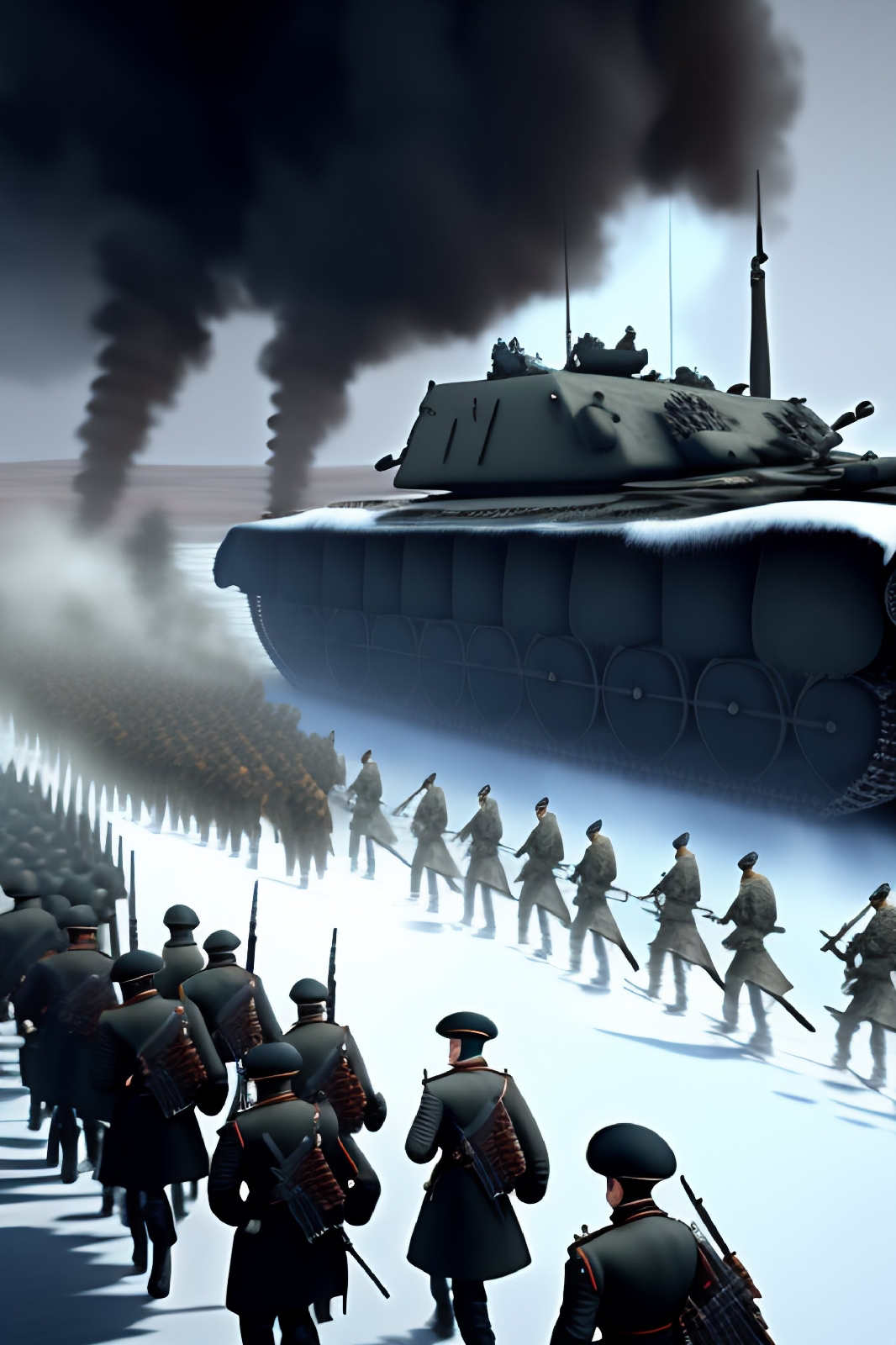Why Happened World War 1?The Spark That Ignited World War I.
Introduction
World War I, often referred to as the Great War, was a global conflict that changed the course of history in the early 20th century. It was a war of unprecedented scale and devastation, involving many of the world's major powers. But what were the underlying causes that led to this cataclysmic event? In this blog, we will delve into the intricate web of factors that contributed to the outbreak of World War I.
1. Imperialism
One of the key drivers of World War I was imperialism. At the time, many European nations were engaged in fierce competition to establish and expand their colonial empires. This race for overseas territories led to diplomatic tensions, as countries vied for control of valuable resources and global influence.
2. Nationalism
Nationalism, the belief in the superiority and interests of one's own nation, was another potent force in the pre-war world. It fueled a sense of pride and rivalry among nations, making conflicts more likely. Ethnic tensions and nationalist movements within empires also contributed to the growing instability.
3. Militarism
Militarism was on the rise across Europe as nations sought to build up their armed forces. The arms race, particularly in naval power, and the development of military alliances created an environment where the smallest spark could lead to a full-scale war.
4. Alliances
In the years leading up to World War I, Europe was divided into two major alliance systems. The Triple Entente, composed of France, Russia, and the United Kingdom, and the Triple Alliance, consisting of Germany, Austria-Hungary, and Italy, created a precarious balance of power. These alliances increased the risk of a regional conflict expanding into a world war.
5. The Assassination of Archduke Franz Ferdinand
The immediate trigger for World War I was the assassination of Archduke Franz Ferdinand of Austria-Hungary and his wife, Sophie, in Sarajevo on June 28, 1914. The assassin was a member of a Serbian nationalist group seeking to break free from Austrian rule. This event set off a chain reaction of events, leading to the declaration of war.
6. Entangling Diplomacy
The complex web of treaties and diplomatic agreements meant that when Austria-Hungary declared war on Serbia, it triggered a cascade of declarations and counter-declarations. Russia, Germany, France, and the United Kingdom were drawn into the conflict, resulting in a full-scale global war.





Comments